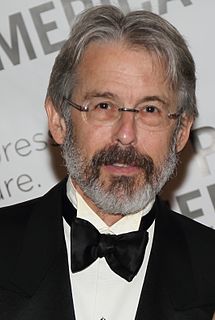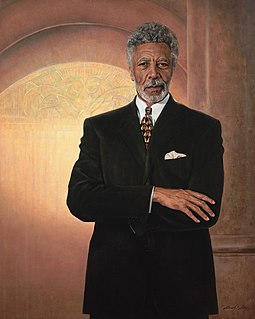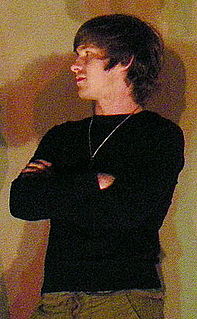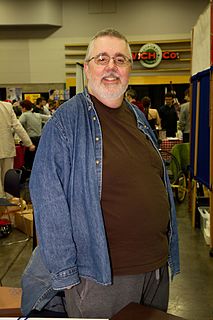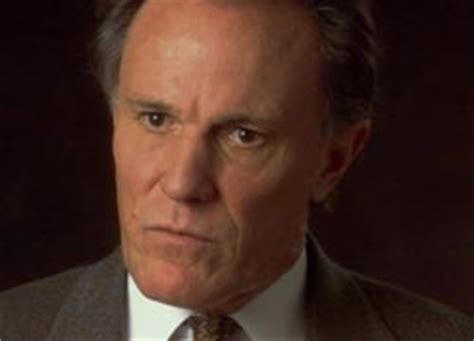A Quote by Hendrik Hertzberg
I don't think that the "freedom movement" is a racist movement as such. But it's a virulent example of identity politics. "Whiteness" is part of the identity, but not the most important part.
Related Quotes
In less than a century we experienced great movement. The youth movement! The labor movement! The civil rights movement! The peace movement! The solidarity movement! The women's movement! The disability movement! The disarmament movement! The gay rights movement! The environmental movement! Movement! Transformation! Is there any reason to believe we are done?
What the left ends up missing is that politics have always been at the heart of American culture; it's been a white identity that's been rendered invisible and neutral because it's seen as objective and universal. As a result, we don't pay attention to how whiteness is one among many racial identities, and that identity politics have been here since the get-go.
The identity of just one thing, the "clash of civilization" view that you're a Muslim or a Hindu or a Buddhist or a Christian, I think that's such a limited way of seeing humanity, and schools have the opportunity to bring out the fact that we have hundreds of identities. We have our national identity. We have our cultural identity, linguistic identity, religious identity. Yes, cultural identity, professional identity, all kinds of ways.
I think that the Democratic Party has been ill served by identity politics. I think that ironically evangelicals have now bought into the same mistake. They have discovered allies in the white supremacist movement. I think this is a heavy price to pay and will in the end accelerate the departure from religion by young people.
Part of the core information that I've been purveying is that identity politics is a sick game. You don't play racial, ethnic, and gender identity games. The Left plays them on behalf of the oppressed, let's say, and the Right tends to play them on behalf of nationalism and ethnic pride. I think they're equally dangerous.
